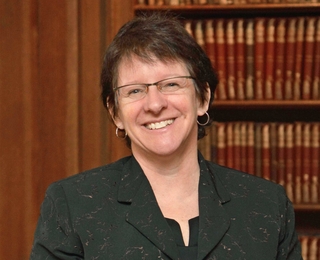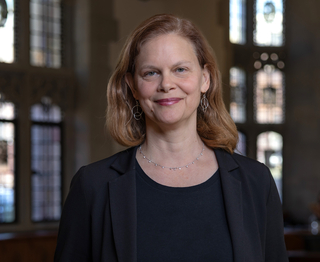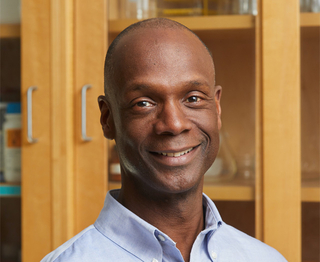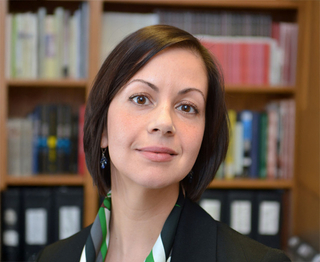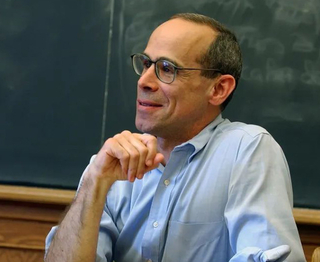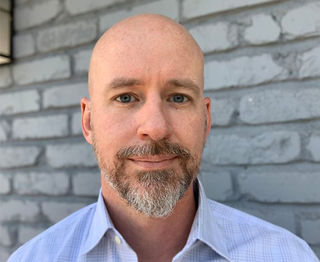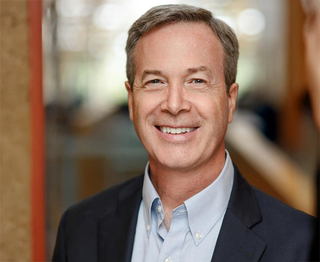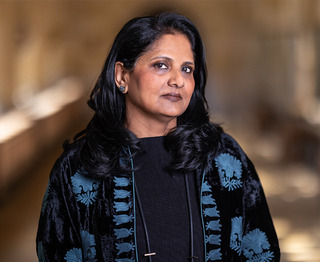Our nation’s universities make vital contributions to American society. Faculty, students, and staff conduct pioneering research and contribute to transformative educational experiences across all fields of knowledge. They think together about sources of past wisdom and push the boundaries of today’s received thought. More than two million students complete college and graduate school across the U.S. each year, going on to significant careers in both public and private sectors.
Yet confidence in higher education is at an all-time low across the political spectrum. According to the latest Gallup data, a third of U.S. adults have little to no confidence in higher education, and more than two-thirds believe it is heading in the wrong direction. These sentiments cross partisan divides. They encompass many critiques.
To address them, those who care about the future of American colleges and universities must engage in the sort of open discourse and self-reflection that is—and should be—a hallmark of the best forms of higher education. The free exchange of ideas is foundational to the mission of any university. However, self-censorship has become an increasing concern on many campuses, including Yale’s.
At this defining moment in higher education, it is imperative to understand the erosion of trust in colleges and universities nationwide. As they come under attack in the public square, universities must redouble commitments to academic freedom and free speech. At the same time, they cannot operate sealed off from the society in which they are embedded, and which they were established to serve. The future of American higher education depends on a restoration of public trust and legitimacy.
To actively address these issues, President McInnis has formed a Committee on Trust in Higher Education. Its charge is to draw on the knowledge and experience of experts, citizens, and scholars—including members of the Yale faculty—to better understand public perception and envision ways of strengthening trust in higher education. The committee will engage the Yale community as well as its outside critics. It will invite external experts with varied viewpoints and backgrounds to provide perspective and to weigh how best to address the erosion of trust in higher education. It will explore possibilities for enhancing the open exchange of ideas on campus, in the classroom and beyond.
